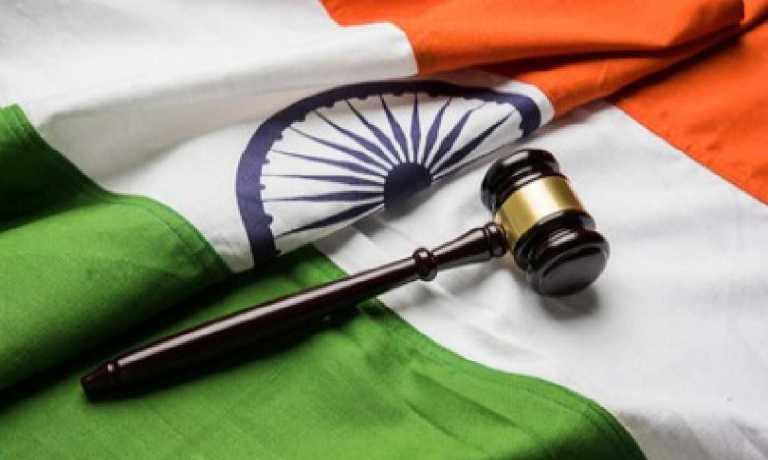India to Regulate All Real-Money Online Games

India’s proposed online gaming regulations will apply to all games involving real money.
That’s according to a report Sunday (Dec. 4) from Reuters, which says this planned regulation comes after the country’s prime minister rejected a proposal to regulate games of skill and not games of chance.
The report — which cites a government document and unnamed sources — said the regulations could shape the Indian gaming sector, which could be worth several billion dollars and will be dominated by real-money games.
In August, a panel tasked with launching the regulations proposed a new organization to determine whether games involved chance or skill. Skills games would be governed by federal rules that call for registration and know-your-customer requirements, and a system for dealing with grievances.
Regulation of games, meanwhile, would fall to state governments. But in October, an official from the office of Prime Minister Narendra Modi objected to the differentiation and called for more oversight on all games.
Differentiating games as skill or chance is tough because of a lack of legal clarity and conflicting court decisions, the official said, adding “online gaming may be considered as one activity/service with no distinction.”
As PYMNTS wrote recently, although the power and appeal of instant payouts in a setting like online gambling such as sports betting are obvious, the realities are a bit more complicated.
There have been about 2,400 complaints of delays or glitches in withdrawing winnings by consumers against the top three U.S. sports betting operators alone over the last three years.
Sports betting is a heavily regulated industry, and withdrawal speed for winnings often becomes tangled in compliance checkpoints.
PYMNTS spoke with Trent Striplin, vice president of payments and fraud at Caesars Sportsbook, who said that for 97% of his company’s users, the payment process takes about an hour to make sure the company is complying with “regulatory, financial, and accounting controls and fraud reviews.”
“As always across the payments ecosystem, it is important to align consumer and merchant payment preferences as well as to ensure that the expectation gap is not too big,” we wrote.